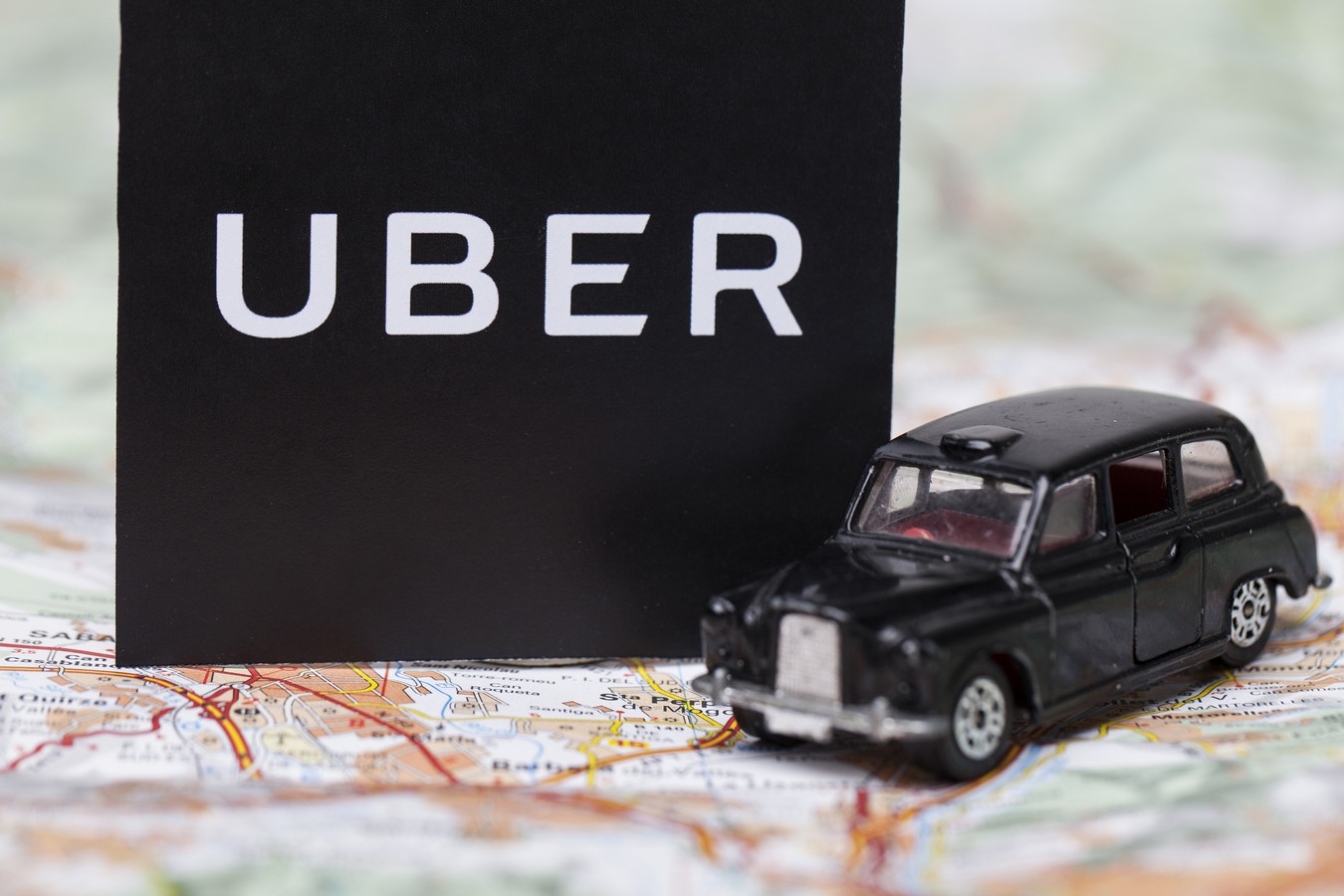As you would expect, how Uber operates differs from the rules and regulations of the country it has a presence in. In Germany and other EU countries, the ride-sharing service works exclusively with private hire vehicle companies (PHV) and their corresponding drivers. Specifically, the ban prohibits Uber from operating in seven German cities, including Frankfurt, Berlin, and Munich. Additionally, the German court found multiple issues with Uber’s dispatching process. One issue is that its drivers were able to accept a job within the app and without the driver’s official employer receiving it first, which is required by the country’s ride-hailing laws.
The court’s verdict on Uber has gone into immediate effect, but German Law allows it to be appealed. Uber said that it is thinking about taking legal action against the ruling, but will also change the way it runs as a business in the country. Since its exit from Southeast Asia, Uber has faced several setbacks since in other parts of the world. Prior to the German ruling, the company was denied its license to operate in London by the British court. After the city’s ride-hailing watchdog, Transport for London, cited “a pattern of failures” in the e-hailing service’s safety track record. (Source: Reuters via Engadget)
